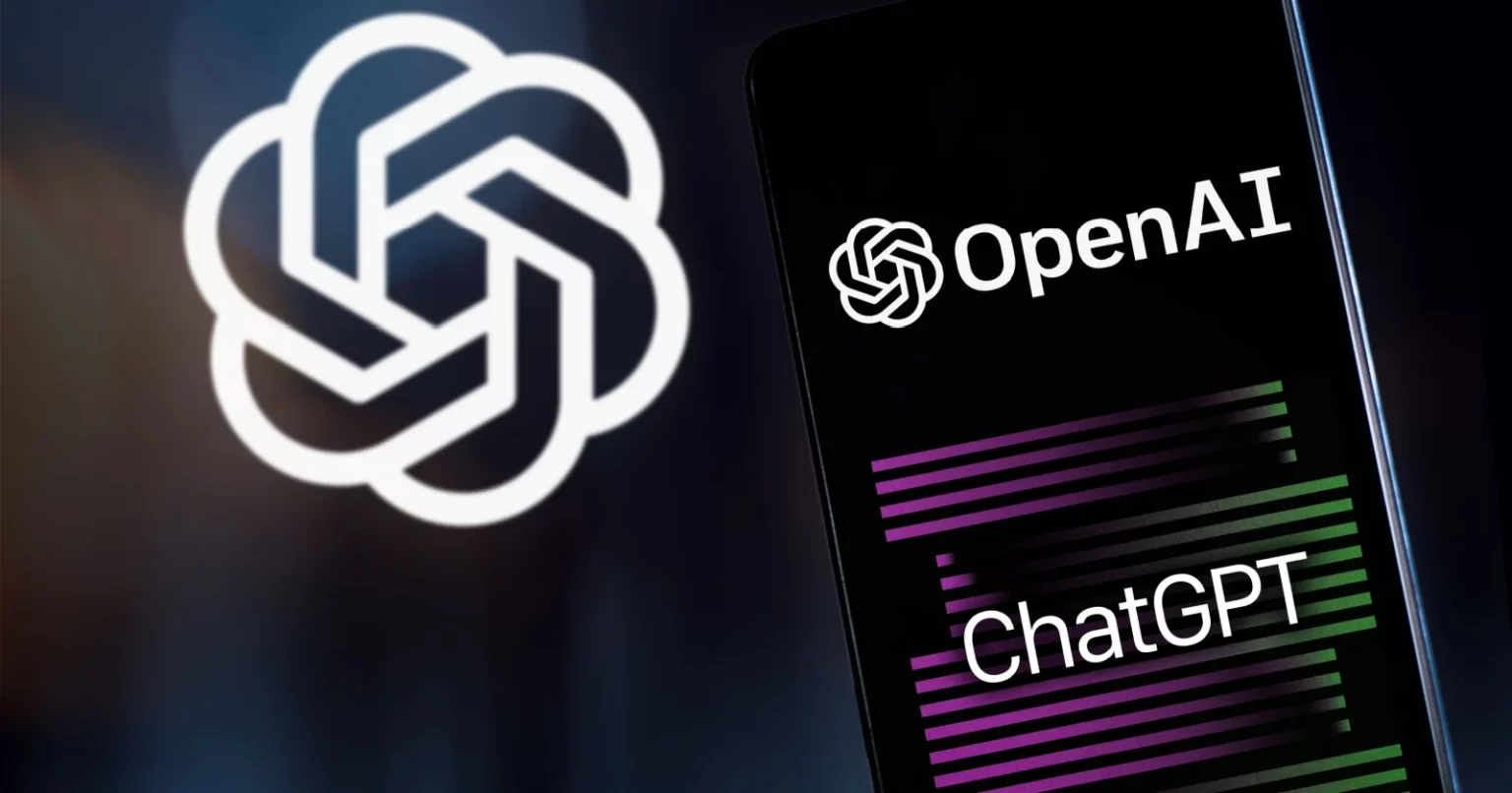During the AI Forward event held in San Francisco, OpenAI’s president, Greg Brockman, made an exciting announcement that reflects the organization’s commitment to inclusivity and responsible AI development. OpenAI is actively exploring ways to gather diverse input on decisions that impact its artificial intelligence systems, aiming to extend the collaborative approach employed by platforms like Wikipedia to shape AI regulations globally.
Brockman drew a parallel between OpenAI’s vision and the model of Wikipedia, where individuals with different perspectives come together to reach a consensus on encyclopedia entries. OpenAI, known for creating the popular chatbot ChatGPT, is now seeking to apply this methodology to the realm of AI policy.
In his address, Brockman emphasized the importance of avoiding a top-down approach to AI policy formulation, stating, “We’re not just sitting in Silicon Valley thinking we can write these rules for everyone.” Instead, OpenAI intends to explore democratic decision-making processes that involve a broader range of stakeholders in shaping the future of AI.
The concept of collective decision-making aligns seamlessly with OpenAI’s mission to ensure the responsible and ethical development of AI technologies. By actively seeking diverse perspectives, the organization aims to gather a wide range of insights and expertise to inform its policy decisions. OpenAI recognizes that discussions on the regulation of AI should be inclusive and comprehensive, involving a multitude of voices.
OpenAI’s commitment to democratizing AI policy reflects its understanding that decisions impacting AI should not be monopolized by a select few entities. The organization recognizes the value of collective intelligence and the benefits of considering multiple viewpoints when it comes to shaping the future of AI.
As OpenAI delves deeper into the realm of collaborative decision-making, inspired by platforms like Wikipedia, it strives to establish an inclusive framework that fosters transparency, accountability, and broad participation from stakeholders in shaping AI policy. By embracing this approach, OpenAI aims to set a precedent for responsible AI development and regulation, paving the way for a more inclusive and equitable future in the field of artificial intelligence.




